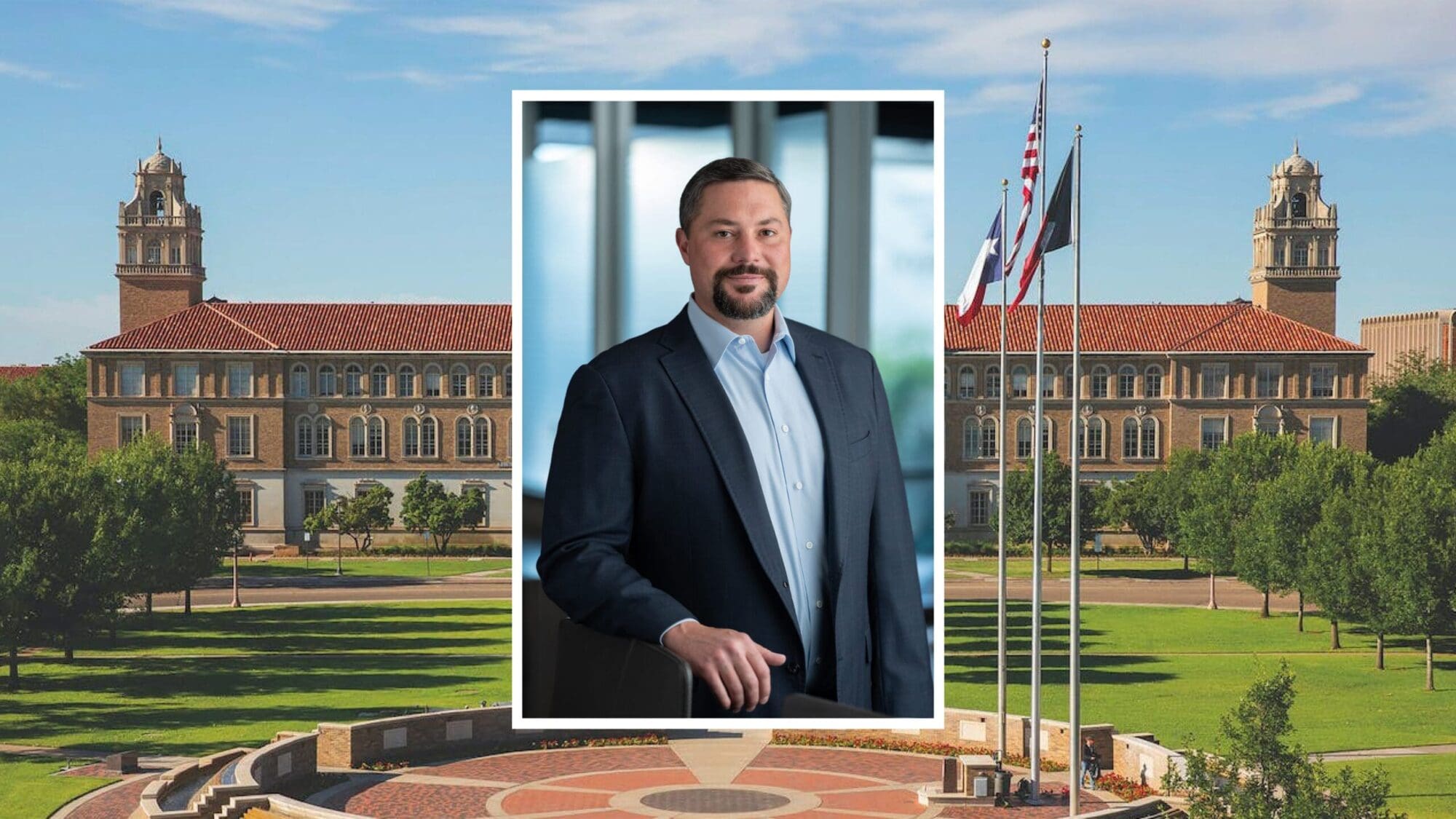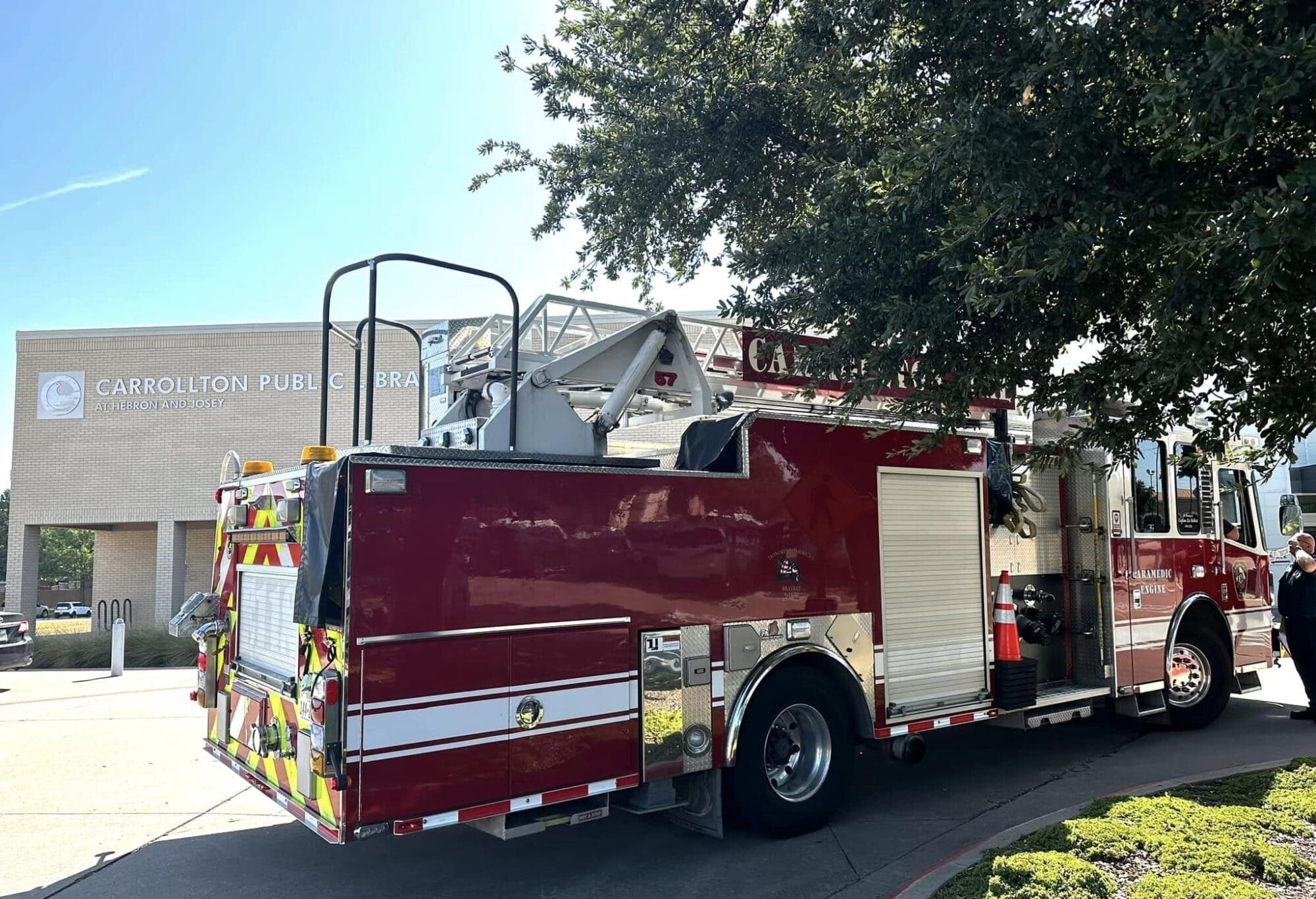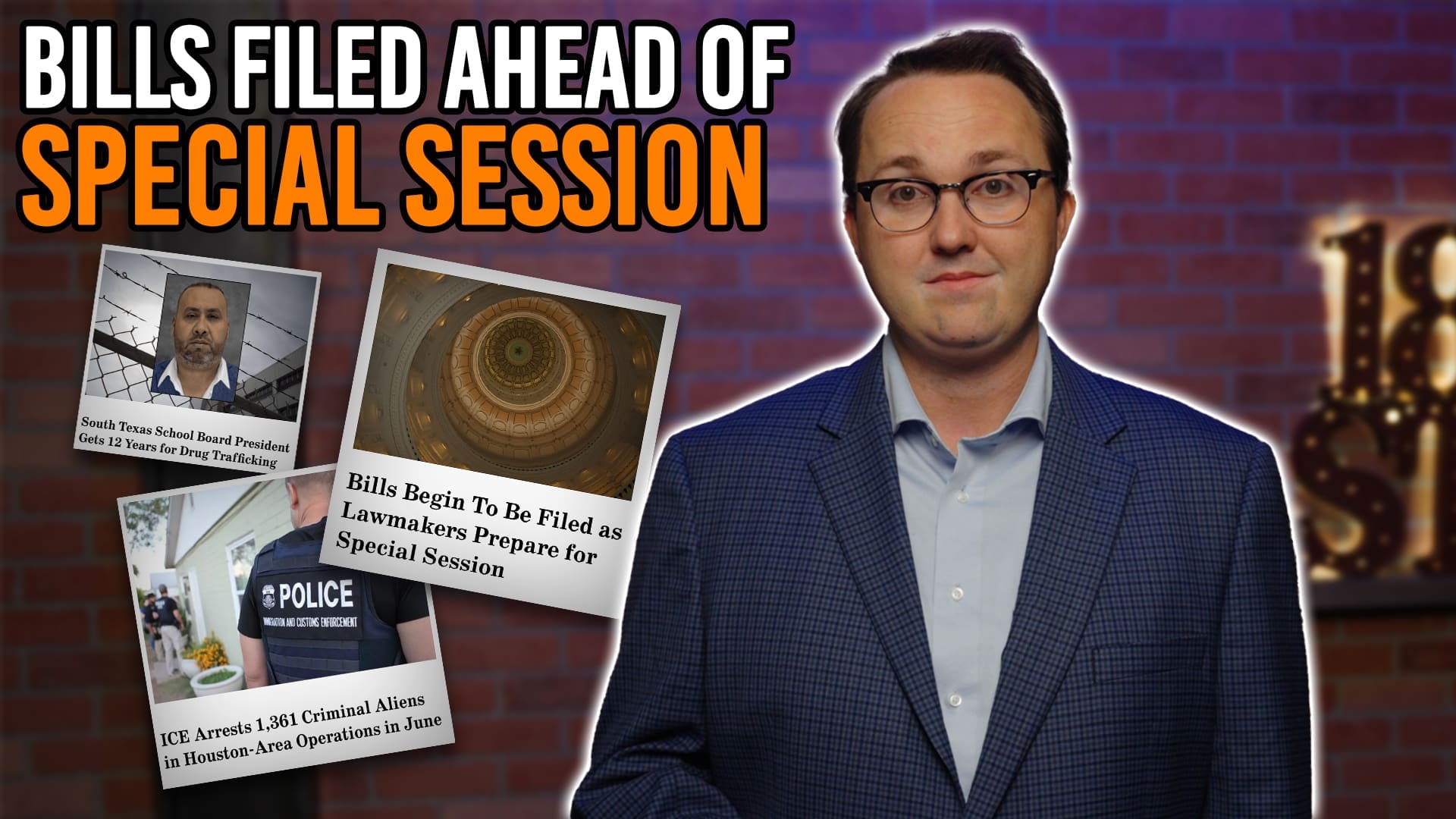After dying at the hands of House Speaker Joe Straus and State Rep. Byron Cook during the regular session, legislation to eliminate the government collection of union dues got a second chance when placed on Gov. Greg Abbott’s special session call.
On Sunday afternoon the Texas Senate took a second stab at reforming union dues collection and held a committee hearing for the two bills on file aimed at abolishing the practice.
During the regular session the bill was carried by State Sen. Joan Huffman (R–Southside Place) and referred to the Committee on State Affairs that she chairs, but this time the bills were instead referred to Business and carried by State Sen. Bryan Hughes (R-Mineola).
Hughes’ two union dues bills are Senate Bill 7 and Senate Bill 94. The former made it out of committee while the latter was left pending. The only major difference, according to the bill author, is what section in law the bill’s changes would modify. As has been the case for the past two sessions, the bill still exempts police, fire, and other emergency workers and still only prohibits government from collecting dues for the union – nothing more as opponents may claim.
Union members could still enroll in an automatic payment system, but the process would be completed with a credit card, bank draft, or other method and completed by a private vendor rather than the government.
Bill Peacock with Texas Public Policy Foundation testified in favor of the bill, as did Austin activist and blogger Adam Cahn and Republican Party of Texas Chairman James Dickey.
The opposition was largely the same cast of characters that delivered testimony during the regular session’s hearings: representatives from Harris Health, Austin Police Association, the Association of Texas Professional Educators, and even Houston Federation of Teachers, a group which on their own already started converting their union dues collection method.
The same unfounded claims of silencing workers’ voices, attempting to “union bust,” and jeopardizing employee benefits were thrown out. Some even claimed that teachers would “drop the ball” because many public employees lack bank accounts. This, of course, disregards credit union accounts, and that payments could be sent from any location where an employee cashes their check. They also choose to ignore that it would only require a one-time set-up to ensure the dues were paid on a recurring basis. Union members wouldn’t have to remember every pay period.
Union members exempt from the bill testified in opposition out of fear of it being expanded to include them, and non-exempt members testified in opposition because they felt they were the victims of “state-sponsored discrimination” as one opponent put it.
Most opposition from both citizens and lawmakers stems from a misconception that by prohibiting government collection of union dues, government is attempting to silence unions. That is simply not the case. Unions and their members still retain the right to organize, associate, lobby, rally, and campaign for any issue they choose—they just won’t get help from the government to do it.
Generally speaking, these organized efforts are aimed at fighting for things like increased pay or benefits, both of which result in a direct taxpayer expense. Taxpayers should not have any involvement with bolstering those efforts. Passage of SB 7 or SB 94 will ensure that they won’t.




